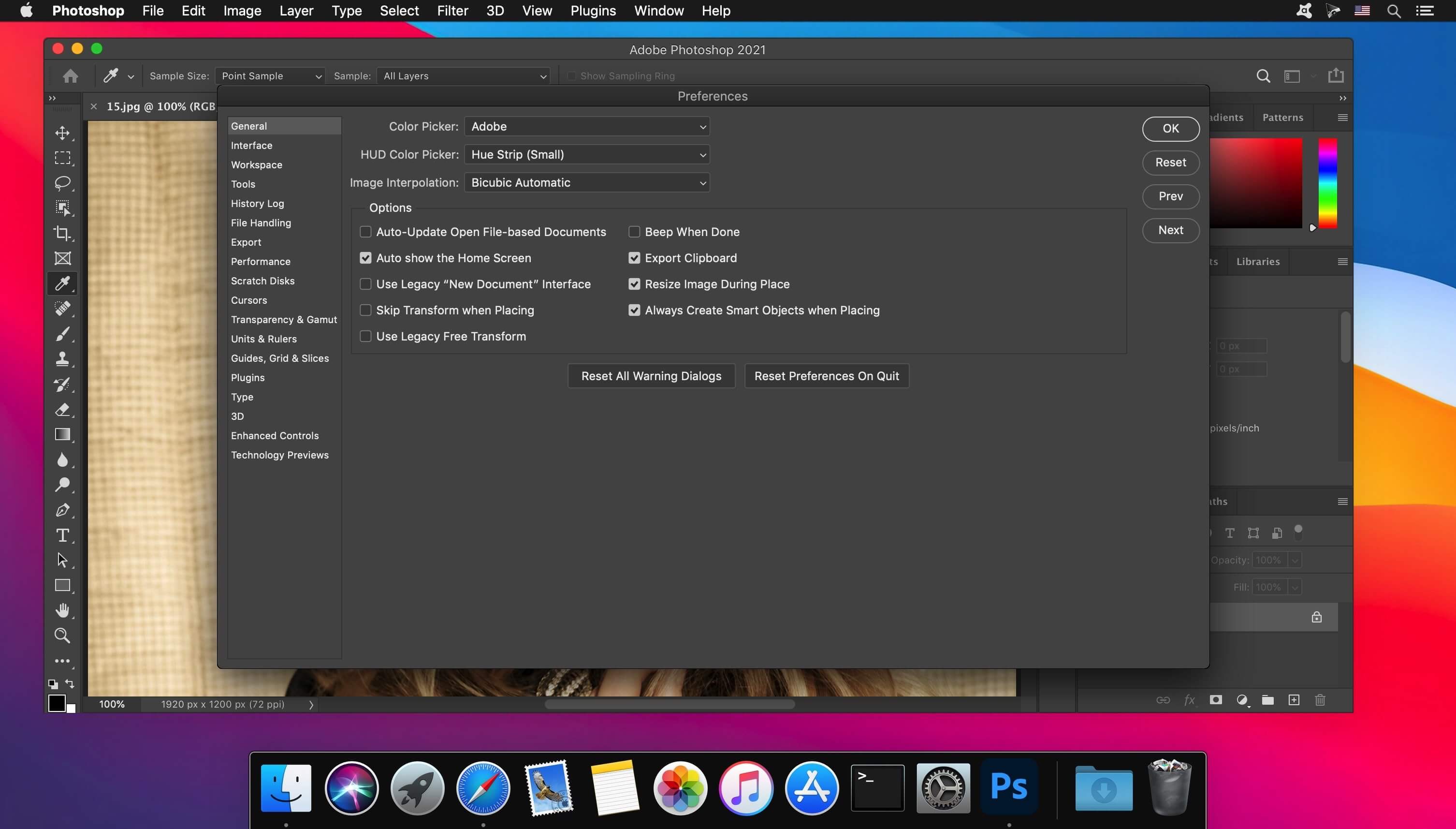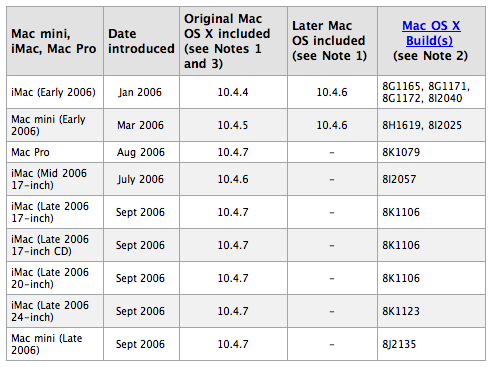

In these attacks, hackers infect computers with a virus that locks the machines. Ransomware has generated plenty of headlines. Cybercriminals can also use them to deliver destructive viruses and malware. Macro viruses can create new files, corrupt data, move text, send files, format hard drives, and insert pictures. The macro then tries to run a code that could perform functions such as taking screenshots and even accessing webcams. Macro viruses go to work when a user opens an infected file with macros enabled. Microsoft Word macro viruses have been around for a long time, mainly affecting PCs, but eventually jumping over to the Mac OS. This malware was a form of spyware used to steal personal data, including the users’ keychains, which store usernames, passwords, PINs, credit card numbers, and more. The MacDownloader is a good example of how Trojan horses work. Dubbed “MacDownloader,” it was malicious software hiding in a fake Adobe Flash update. One notable Apple computer Trojan horse was found in February of 2017. When you click on the link, malware is installed on your device. The message might say that your account will be shut down if you don't click on a link. You might receive an email that is supposedly from your bank or cable provider.

This type of malware comes disguised as a legitimate program that cybercriminals trick you into downloading on your computer. Trojan horses are common to both Macs and PCs. This information could be used to commit crimes, such as identity theft, fraud, or even extortion.Īlthough they’re not malicious, even benign pop-up ads can be extremely annoying and intrusive. Adware can also send information back to a third-party server. Never click on the ads that start filling your screen. Pop-up ads often lead users to malicious websites that deliver data-stealing spyware onto their Macs. If your Mac product is hit with adware, be careful. This can cause you plenty of financial pain. This gives snoops the chance to spy on the emails you send, the websites you visit and the passwords and usernames you enter when accessing your online credit card portals or bank accounts. Some adware works in conjunction with spyware, a type of software that can spy on and record everything you do online. Sometimes these ads are so intrusive, and pop up so frequently, that they make it impossible for you to use your device. Adware on MacsĪdware is a potentially unwanted program that can bombard users with advertising pop-ups. Our guide on removing viruses and malware from Macs can help you solve the problem. 4 types of Apple viruses - and a vulnerabilityĪpple viruses can range from annoying to outright damaging. Adware followed at 22 percent.ĭo Macs need antivirus software? The short answer is, it can help. The security company said potentially unwanted programs, also known as PUPs, accounted for 76 percent of the malware detections. Overall, the amount of malware for macOS dropped 38 percent in 2020 from a record-high level in 2019, according to a Malwarebytes report. Adware, spyware, ransomware, and hardware and software vulnerabilities are threats to Mac users, just as they are to those relying on Windows-based computers. That doesn’t mean that you can get complacent if you use a Mac. The big difference is that iMacs, MacBooks, Mac Minis, and iPhones are not targeted for these cyberattacks nearly as often as are Windows computers. The longer one? While cybercriminals still target Windows-based computers more often, this doesn’t mean that your Mac desktops, laptops, tablets and your iPhones are immune from malware, spyware, adware, and other viruses.Īpple computers can get hit with viruses and malware just like PCs. Can a Mac computer get a virus? Can hackers infect it with malware? The short answer? Absolutely.


 0 kommentar(er)
0 kommentar(er)
